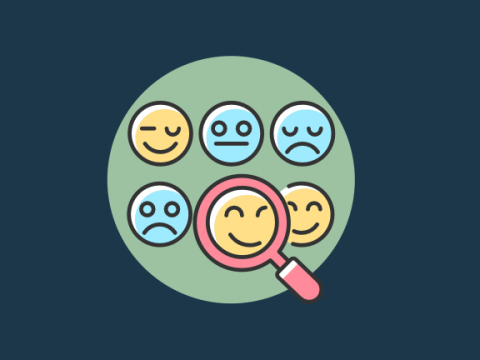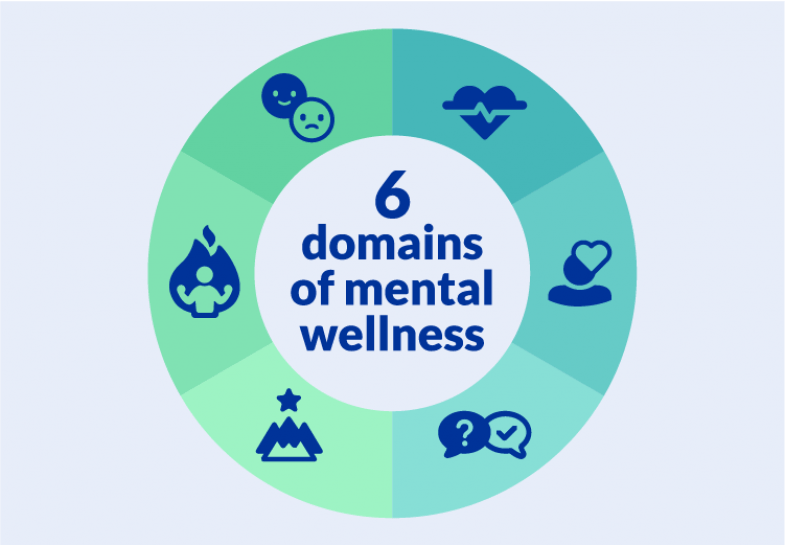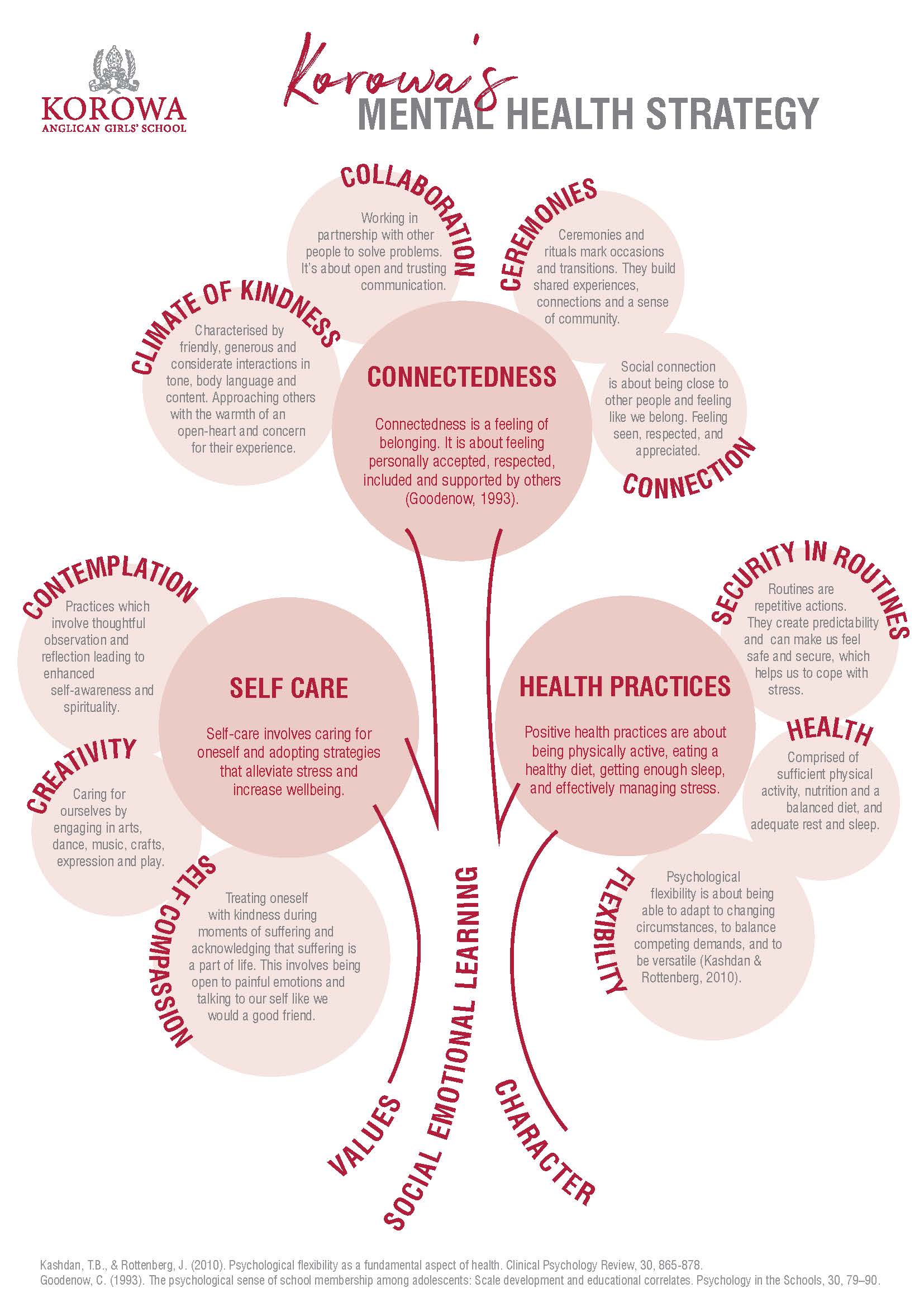Nurturing Mental Wellbeing for a Balanced Life

Fostering a Balanced Life: Nurturing Mental Wellbeing
Achieving and maintaining mental wellbeing is a vital component of a balanced and fulfilling life. In this article, we’ll explore various aspects of mental wellbeing, from understanding its importance to practical strategies and resources that contribute to a healthier and more resilient mindset.
Understanding Mental Wellbeing: A Holistic Perspective:
Mental wellbeing goes beyond the absence of mental health issues; it encompasses a state of emotional, psychological, and social health. It involves the ability to manage stress, maintain positive relationships, and make informed decisions. Taking a holistic perspective means considering the interconnectedness of various factors that contribute to mental health.
Importance of Mental Wellbeing in Daily Life:
Mental wellbeing plays a crucial role in daily life, influencing how we think, feel, and act. A positive mental state enhances resilience in facing life’s challenges, improves decision-making, and fosters healthier relationships. Prioritizing mental wellbeing contributes to overall life satisfaction and the ability to navigate life’s complexities with a sense of balance.
Practical Strategies for Nurturing Mental Wellbeing:
Several practical strategies can contribute to nurturing mental wellbeing. Regular physical activity, adequate sleep, and a balanced diet are foundational elements. Mindfulness practices, such as meditation and deep breathing exercises, help manage stress. Engaging in activities you enjoy, building a support network, and setting realistic goals contribute to a positive mental outlook.
Social Connections and Mental Wellbeing:
Building and maintaining meaningful social connections are integral to mental wellbeing. Human connection provides emotional support, reduces feelings of isolation, and contributes to a sense of belonging. Whether through family, friends, or community involvement, fostering social connections positively impacts mental health.
The Role of Professional Support: Accessing Mental Health Resources:
In some instances, seeking professional support is essential for maintaining mental wellbeing. Mental health professionals, including therapists and counselors, provide a safe space to explore thoughts and emotions. Accessing mental health resources, such as hotlines or online platforms, ensures individuals have the support they need when facing mental health challenges.
Mental Wellbeing at oofamily.com: A Hub of Resources:
For comprehensive insights and resources on mental wellbeing, visit oofamily.com. Our platform offers a wealth of articles, tools, and expert advice to empower individuals on their journey to optimal mental health. Explore topics ranging from stress management to building resilience and enhancing emotional well-being.
Work-Life Balance and Mental Wellbeing:
Achieving a healthy work-life balance is instrumental in nurturing mental wellbeing. Setting boundaries, prioritizing self-care, and incorporating breaks into the workday contribute to overall balance. Striking the right equilibrium between work and personal life supports mental health and prevents burnout.
Mindfulness Practices for Daily Wellbeing:
Mindfulness practices are powerful tools for daily mental wellbeing. Incorporating mindfulness into your routine enhances self-awareness, reduces stress, and promotes a present-focused mindset. Whether through meditation, mindful breathing, or other techniques, integrating mindfulness practices into daily life contributes to sustained mental health.
Embracing Resilience: A Key to Mental Wellbeing:
Resilience is the ability to bounce back from adversity, and it is a key component of mental wellbeing. Developing resilience
















